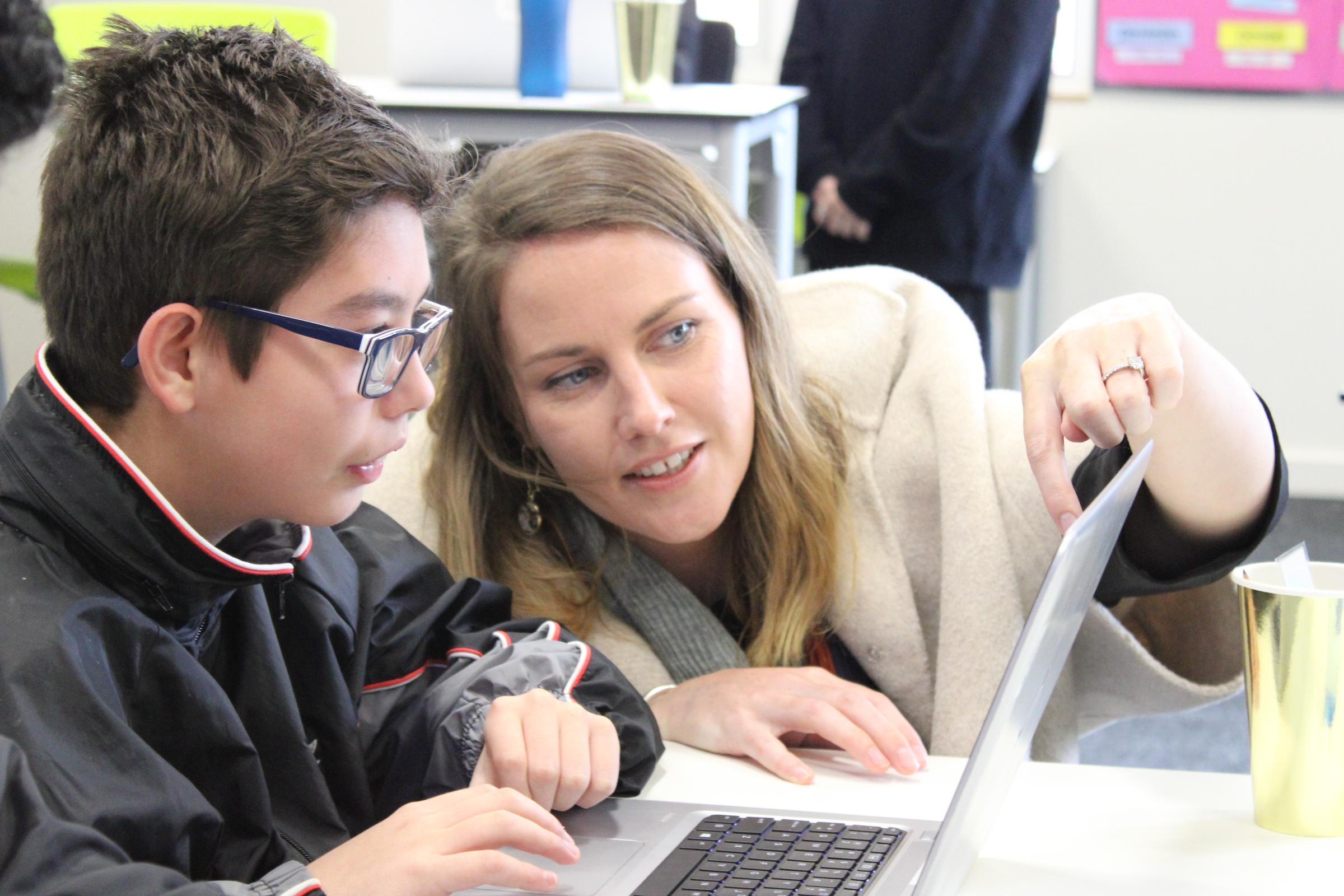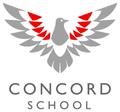Teaching and Learning

Student Learning
Last week Concord had a student free day, which provided an opportunity for teaching staff to participate in learning aligned to the school’s goals. This year we have been exploring our assessment practices and using these to guide our planning and teaching. Our priority is to target our instruction to extend the knowledge and skills of every student in every class, regardless of their starting point to ensure that students are encouraged ‘to be the best they can be’.
At your most recent SSG you would’ve had the opportunity to discuss the learning goals for your child in particular for English, Maths and Social Competencies. You can also find your child’s goals in their Individual Education Plan (IEP) on Compass. Some strategies that you can apply to support your child’s learning at home are as follows:
Talking with your child
- Regularly talking and interacting with your child extends their language and listening skills, and helps grow their confidence with language.
- Include your child when discussing everyday activities such as grocery shopping, gardening, cooking dinner, collecting mail from the mailbox, doing housework, and travelling in the car or bus.
- Outings can also provide a world of new vocabulary. Discussion during outings can enrich your child’s understanding of the world. Outings might include going to the park, the zoo, a shopping centre, museums, libraries and art galleries.
Making the most of screen time
- You can use the same questions you might ask your child during TV programs or films that you watch together (What was your favourite part of the show? How did the program make you feel? What might happen in the next episode? Book Chat (see above) to discuss TV programs (such as cartoons). Understanding visual media is a key element of your child’s literacy.
Opportunities to write every day at home
Like reading, writing with your child should become an everyday activity at home.
- Write a shopping list or add items to a list.
- Keep a board to write and read family messages.
- Give your child a pad of sticky notes to write reminders for themselves.
- Plan and write your weekly menu together.
- Write captions for photographs in your family photo album.
- Write labels for your child’s art works and creations.
- Make words using magnetic letters and stick them on the fridge.
- Make and write greeting cards, birthday cards, and thank you notes.
- Keep a family calendar on display and write down family events.
Have a great week and I look forward to seeing many of you during Education Week ‘Building Connections’.
Take care
Flora Nixon
Assistant Principal
Teaching and Learning
